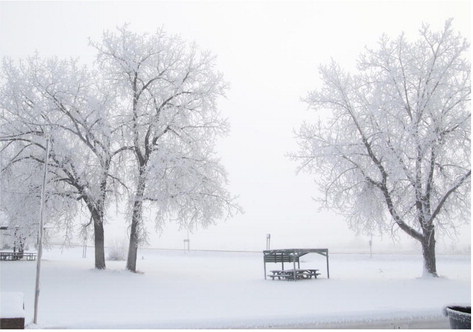Threats Continue On Essential Air Service Funding
The chairman of Montana’s Essential Air Service task force is optimistic despite another threat to flights in several of eastern Montana’s rural communities including Wolf Point.
“I have to remain that way,” Walt McNutt, Sidney, said of Essential Air Service flights staying in Montana. “I’ve been through a lot of bills that were never introduced.”
H.R. 3935 includes decreasing the per-passenger subsidy cap from $1,000 to $850 for airports that are located more than 175 miles from the nearest hub. The amount of subsidy an airport receives is based on the number of that airport’s enplanements. Sidney had about 8,000 enplanements in 2023 while Wolf Point, Havre and Glasgow were each in the neighborhood of 3,000 enplanements. Glendive recorded 2,177 enplanements that year.
This spring, officials received a letter from the director of the U.S. Office of Management and Budget that mentioned potential cuts including $308 million from the Essential Air Service.
McNutt noted that a hearing date for the Senate hasn’t been announced yet regarding the air service.
“I do know our senators are definitely on board with funding it,” McNutt said. “EAS is a very small part of what the government spends.”
During his 20-plus years on the task force, McNutt has experienced many fights regarding the funding including the late Sen. John Mc-Cain, R-Ariz. carrying a bill to potentially cancel EAS. “This isn’t the first time,” McNutt said of the threats.
McNutt says Cape Air’s flights out of Wolf Point are fairly full with passengers including members of the Board of Indian Affairs heading for meetings in Billings and residents flying for medical appointments.
He stressed that Montana needs the service more that some Eastern states where the nearest hub might be 75 miles away.
“For us, it’s a four-hour drive into Billings,” McNutt said of Montana’s passengers.
He feels Montana has a better chance of keeping the flights than other states. “I think so, but that’s just me,” McNutt said. “It remains to be seen, but I would be shocked if it hits Montana hard.”


